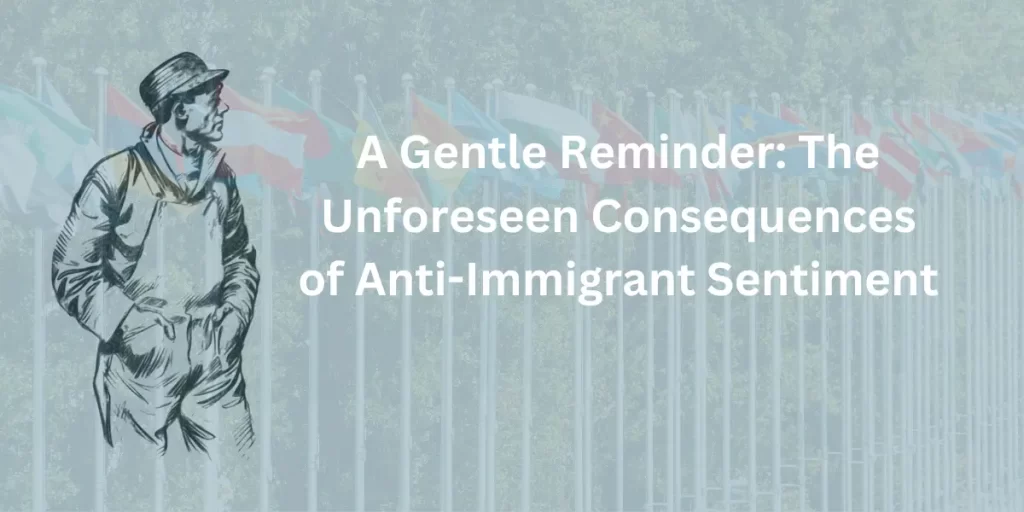
Inward immigration brings immense benefits to Ireland, especially in sectors like horticulture.
Last night, I had an online conversation with my sometimes-friend John. John is not a bad guy, though in years past he was one of those Englishmen who waved the flag a little too much for my liking and would occasionally use racist language when talking about the families that came to work on his farm.
John farms almost a thousand acres in Lincolnshire, traditionally one of England’s most productive agricultural regions. His farm has been in his family for four generations, and John now specialises in growing cabbage, cauliflower, Brussels sprouts, broccoli, and soft fruit—staple crops in the British diet.
Prior to Brexit, the farm relied heavily on a team of around 50 seasonal workers, primarily from Romania and Bulgaria, who came each year, along with their families, to help with planting, tending, and harvesting these crops. I know from visiting his farm that John had a positive relationship with these yearly immigrants to his village, and I know his son, John Junior, grew up playing with their children. However, that irritating mild racism still existed in both father and son, despite the fact—or some might say the irony—that John’s wife, Keshia, is Polish.
When Brexit hysteria swept the UK, John, who I otherwise consider to be an intelligent man, hopped on board full bore. Conversations with him became painful, to the point that I went out of my way to avoid him online, and on the rare occasion he called me on WhatsApp, I found ways to terminated the conversation as soon as it turned towards politics.
However, since Brexit, John’s farm has struggled to the point that part of it is now for sale, and that is heartbreaking. I know from visiting him that John considers the land passed down to him not as his personal property, but as a legacy he was meant to safeguard for future generations. I can only imagine his heartbreak as he walks the acres that are destined to be sold and, in time, become more of the sprawling housing complexes that occupy much of what was once rural Lincolnshire.
Some might call it poetic justice, but I get no satisfaction whatsoever from what is happening to John and others like him. After riding the wave of toxic nationalism and xenophobia so inherent in the Brexit campaign, John seemed bemused at his struggle to find enough workers to manage his farm’s operations. The men and families that always came suddenly found themselves unwelcome in post-Brexit Britain, and the friends that John Junior had made thinned out considerably.
You see, John became a victim of the paradox that exists between dishonest right wing political ideology and cold hard reality. When his previous foreman, Alex (Alexandru), refused to come to work for him last year without being allowed to have his wife with him, John realised, I think for the first time, that his good friend and employee Alex was actually the same “Johnny Foreigner” that the Brexiteers had told him were destroying Britain.
This year, John struggled to find a mere 14 workers, mainly young and inexperienced men and woman for the harvest season, a far cry from the 50 experienced hands needed, and all of this was despite offering higher wages and additional benefits. The labour shortage, caused by the very ‘merits‘ of Brexit so virulently campaigned for, meant that many fields were left partially harvested, with crops rotting in the ground. This not only led to a loss of income but also increased financial pressure due to the rising costs of labour and inputs like fertiliser and fuel.
In our conversations prior to Brexit, John spoke about investing in automation to replace the team of immigrant workers, and I got the feeling that this was a solution peddled to him by his local MP. But last night, he told me that the upfront costs of such extensive automation are prohibitive, and despite government promises of help for farmers, no money has been forthcoming. Besides, as John now realises, current technology is not yet capable of replacing human labour for many of the tasks involved in horticulture. They’re good for some tasks, but John still needs skilled workers to handle the delicate jobs, like picking and packing fruit.
The future prospects for this farm, like many others in the region, are uncertain. John has had to make tough decisions about selling land, scaling back production, and steering young John away from a career as a British farmer. It was horrible to hear a man who was so enthusiastic about the future of his farm just a few years ago, now so dispirited. “We’ve had to reduce the amount of land we’re planting,” John explains. “It’s against my nature to leave fields fallow, but without the workers, we simply can’t manage the same level of production.”
Looking ahead, John worries about the viability of what remains of his farm. “If this labour shortage continues, we might have to rethink our entire operation. We’ve been farming this land for generations, but without the workers, I don’t know how much longer we can keep going.”
I sympathised with him because I know how much our own horticultural community here in North Co. Dublin relies on immigrant labour, and I fear that if we continue on our current trajectory, we could easily end up in a similar situation to the UK. You may laugh at such sentiment, but there is too much in our Irish society of 2024 that mirrors pre-Brexit UK that it is hard to ignore. Consider these few facts:
Rise of Far-Right Political Movements
Increased Popularity: Growing support for far-right anti-European parties and movements, advocating for stricter immigration controls and nationalist policies.
Electoral Success: Gains in local and national elections by parties or candidates with extreme right-wing platforms.
Anti-Immigrant Sentiment
Public Protests and Rallies: More frequent and larger protests against immigration, with rhetoric targeting not only asylum seekers and refugees but all inward migrants.
Media and Online Narratives: Increased spread of anti-immigrant and anti-Europe narratives in media and social media, mirroring the “hostile environment” seen in the UK.
Policy Shifts
Stricter Immigration Laws: Introduction of more restrictive immigration policies, including tougher asylum application processes and deportation measures.
Reduction in Support Services: Cuts to funding and resources for immigrant support services, making it harder for immigrants to integrate.
Hostile Environment
Institutional Discrimination: Emergence of policies or practices within government and institutions that disadvantage immigrants (e.g., housing, healthcare, employment).
Increased Deportations: A rise in deportations and removals, often with less oversight or fairness.
Public and Political Discourse
Normalisation of Extreme Rhetoric: Far-right rhetoric becoming more mainstream in political discourse, with less pushback from traditional parties.
Polarisation: Growing division in society over issues related to immigration and national identity, with extreme views gaining more traction.
Clear Comparison with the UK immediately prior to Brexit.
Echoes of Brexit Campaign: Similar tactics being used to stir fears about immigration and national sovereignty, reminiscent of the Brexit campaign.
Parallels in Policy: Ireland adopting or considering policies that mirror the UK’s post-Brexit immigration rules, such as points-based systems or reduced access for certain migrants.
As we navigate the complexities of immigration and our own place within the European Union, it’s crucial to acknowledge that while some level of control is necessary, we must avoid the dangerous path of extreme measures that could harm the very fabric of our society. If the far right gains traction, do we truly believe they will differentiate between different groups of immigrants? Those who contribute so much to our economy and enrich our culture could easily find themselves branded as “Paddy Foreigners” alongside those who come here under different circumstances. We must be careful not to let fear and xenophobia dictate policies that could unravel the progress and diversity that define modern Ireland. In our efforts to manage immigration, let’s ensure we preserve the values of inclusivity and fairness that have served us well.
